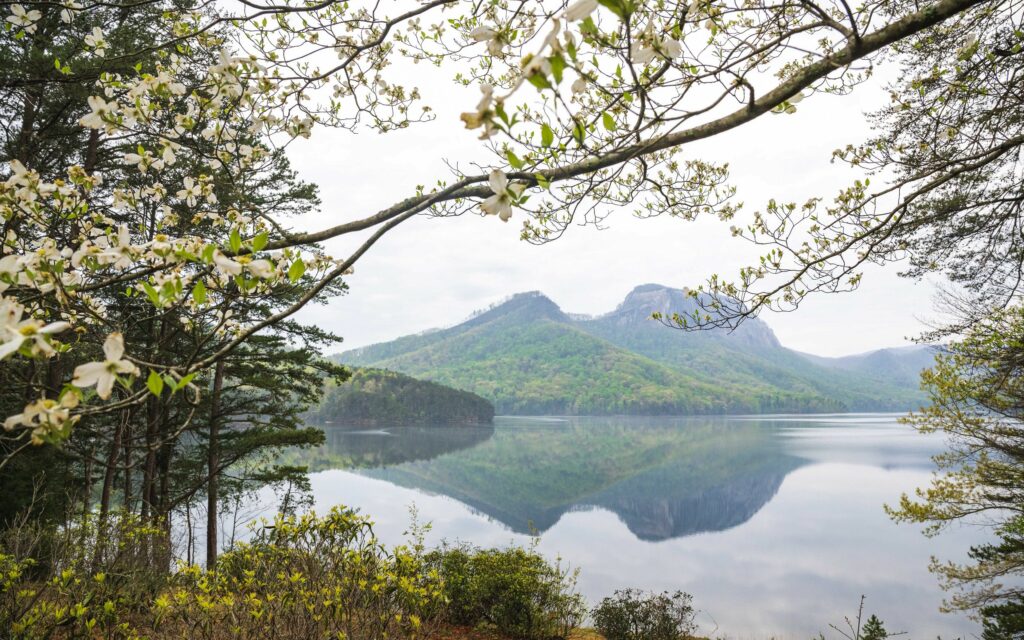Introduction
Natural Climate Solutions, also called Nature-Based Solutions, are actions that reduce emissions and increase carbon storage in forests, farms, grasslands and wetlands, while providing a host of additional benefits for people and the environment.
Practices that could be included are actions like encouraging farming techniques that retain carbon in the soil, such as planting cover crops; conserving and replanting forests; conserving and restoring coastal wetlands; and reducing the loss of natural areas, planting trees, and providing parks in communities.
Not only do these efforts help address climate change – they can improve water quality, prevent natural disasters like wildfire, drought, and flooding, protect wildlife habitat, and provide opportunities for hiking and fishing. Best of all, these solutions are cost effective, and can often improve local economies.
Below you can explore how people in South Carolina are benefiting from implementing nature-based solutions in their community through a diverse set of resources from USN4C members and others, including blog articles, videos, comprehensive reports, and more.
Blog Articles


Photo Credit: Dan Chapman/USFWS for Pew
Pew Charitable Trusts Article: Why States Must Better Protect Tidal Forested Wetlands

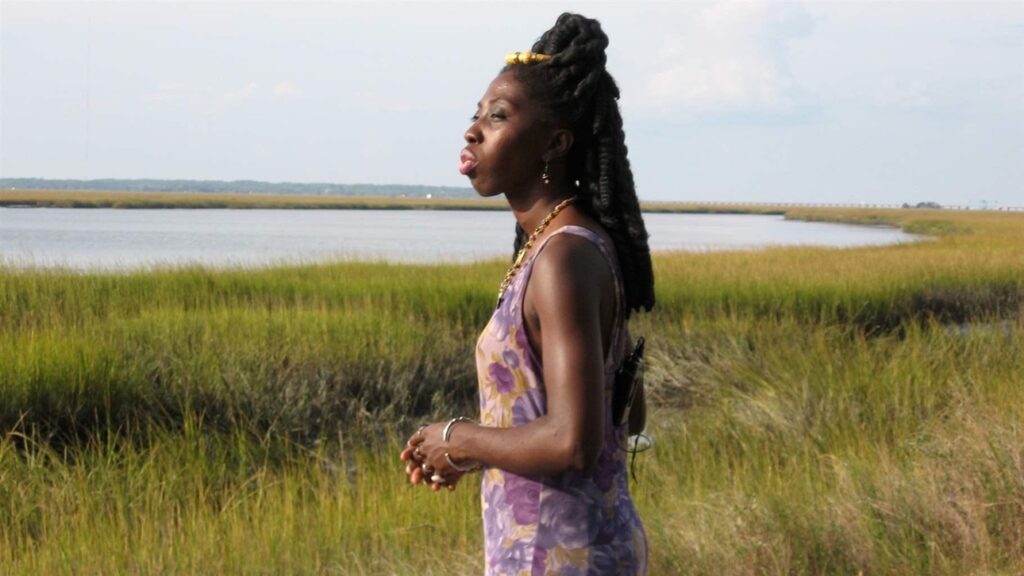
Photo Credit: Kumar L. Goodwine-Kennedy Geechee Sea Island Coalition
U.S. Nature4Climate/Pew Charitable Trusts Blog Article: Salt Marsh Conservation on the Atlantic Coast – Where Blue Carbon Supports Diverse Partnership
- Pew Charitable Trusts Article: On the Front Line of Disasters, County Leaders Look to Boost Resilience
- Open Space Institute Press Release: $50 Million Grant Approved for Largest Conservation Easement Project in South Carolina History
Forests:
- The Nature Conservancy Article: Longleaf Pine Forests—A Tree for Our Time
- The Nature Conservancy Article: Pine Country: Bringing Back Longleaf Pine Forests
- SCIENCE: Geoplatform.Gov (U.S. Geological Survey): Modeling and Mapping Burn Severity of Prescribed and Wildfires Across the Southeastern United States (2000-2022)
- National Wildlife Federation Article: Using Fire to Fight Fire: How Beneficial Burns are Helping Forests, Wildlife and People to Adapt to a Changing World
- National Wildlife Federation Article: Nature-Based Solutions Needed to Combat Appalachia’s Growing Flood Risks
- USDA Forest Service Fact Sheet: Forest Legacy 2024 Funded Projects
- American Forest Foundation Article: Family Forest Carbon Program Expands Availability in the Southeast
Agriculture:
- SCIENCE: Soil Health Institute Article: Maximizing Weed Suppression with Cover Crops in Cotton Production
- Soil Health Institute Fact Sheet: Using Cover Crops as a Weed Suppression Tool in Cotton Production
- Soil Health Institute Fact Sheet: Cover Crop Species Comparison for Weed Suppression in Cotton Production
Wetlands:
- Theodore Roosevelt Conservation Partnership Nature-based Solutions Interactive Map: South Carolina – South Carolina Oyster Recycling and Enhancement Program
- U.S. Nature4Climate Blog Article: Harnessing Blue Carbon: A Natural Solution to Climate Change and Coastal Resilience
- Pew Charitable Trusts Article: States Improve How They Assess Coastal Wetlands’ Impacts to Reduce Climate Pollution
- Pew Charitable Trusts Article: Change in Federal Protections for Wetlands Poses Resilience Challenge for States
- U.S. Nature4Climate/Pew Charitable Trusts Blog Article: Carbon Captured by Coastal & Ocean Habitats Can Advance States’ Climate Goals: Experts discuss growing ‘blue carbon’ data and resources, and their potential role in policy
Reports

The Nature Conservancy in South Carolina Report: 2024 South Carolina Impact Report
Videos & Podcasts
Explore More!
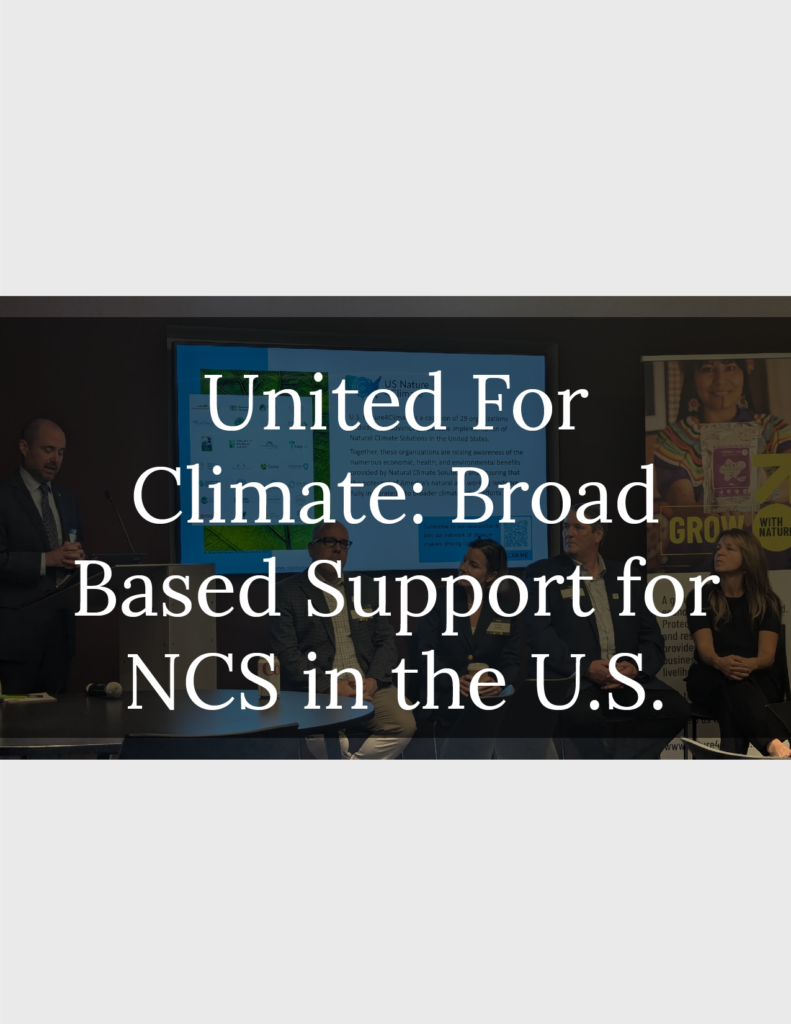
A new national survey conducted by U.S. Nature4Climate shows that voters across party lines support natural climate solutions more than ever, suggesting fertile ground for bi-partisan cooperation and consensus-building, opening up new avenues for climate action. Learn more.
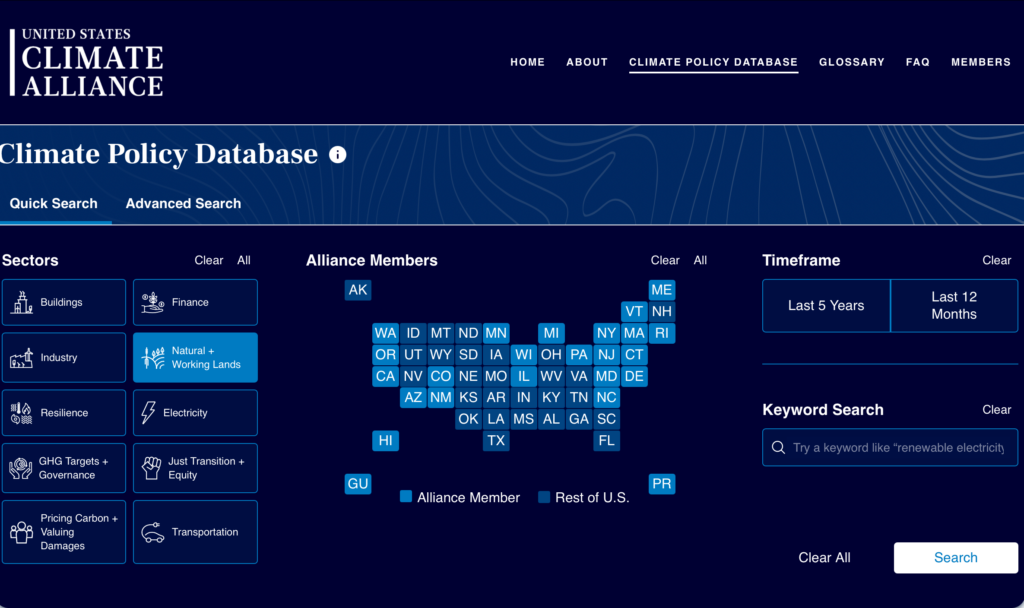
Explore U.S. Climate Alliance‘s Climate Policy Database.
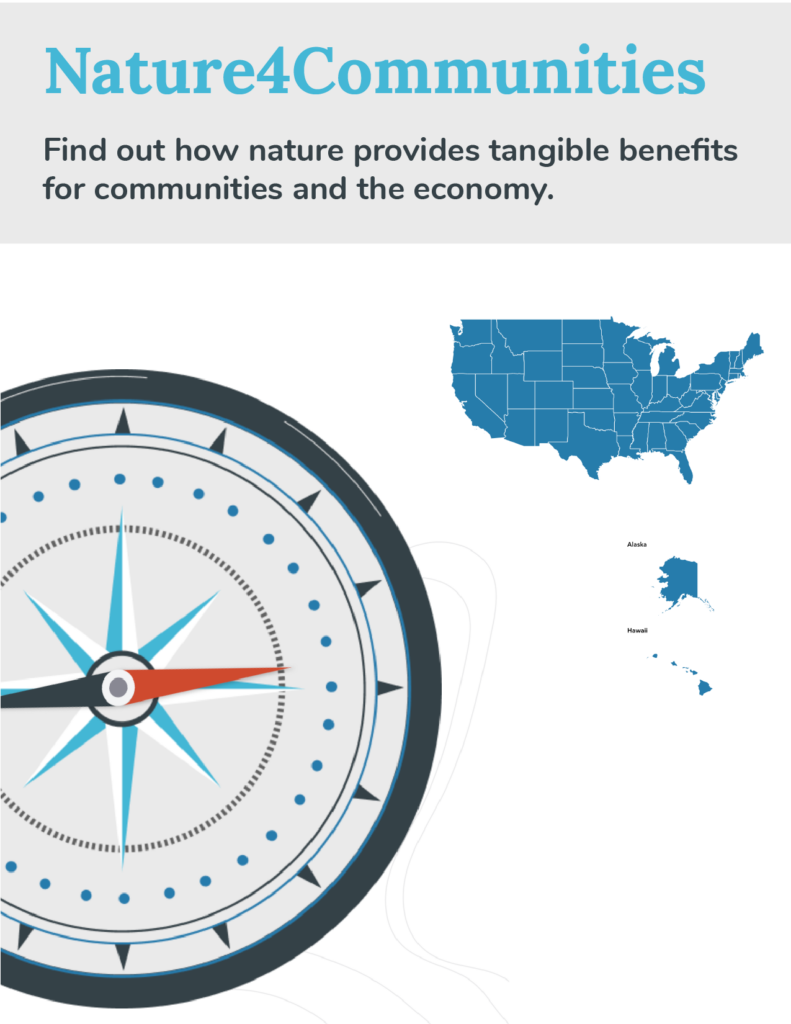
Explore Nature4Communities, a resource that shows you how nature-based solutions are critical for your community’s well-being and become a better advocate for their implementation.


